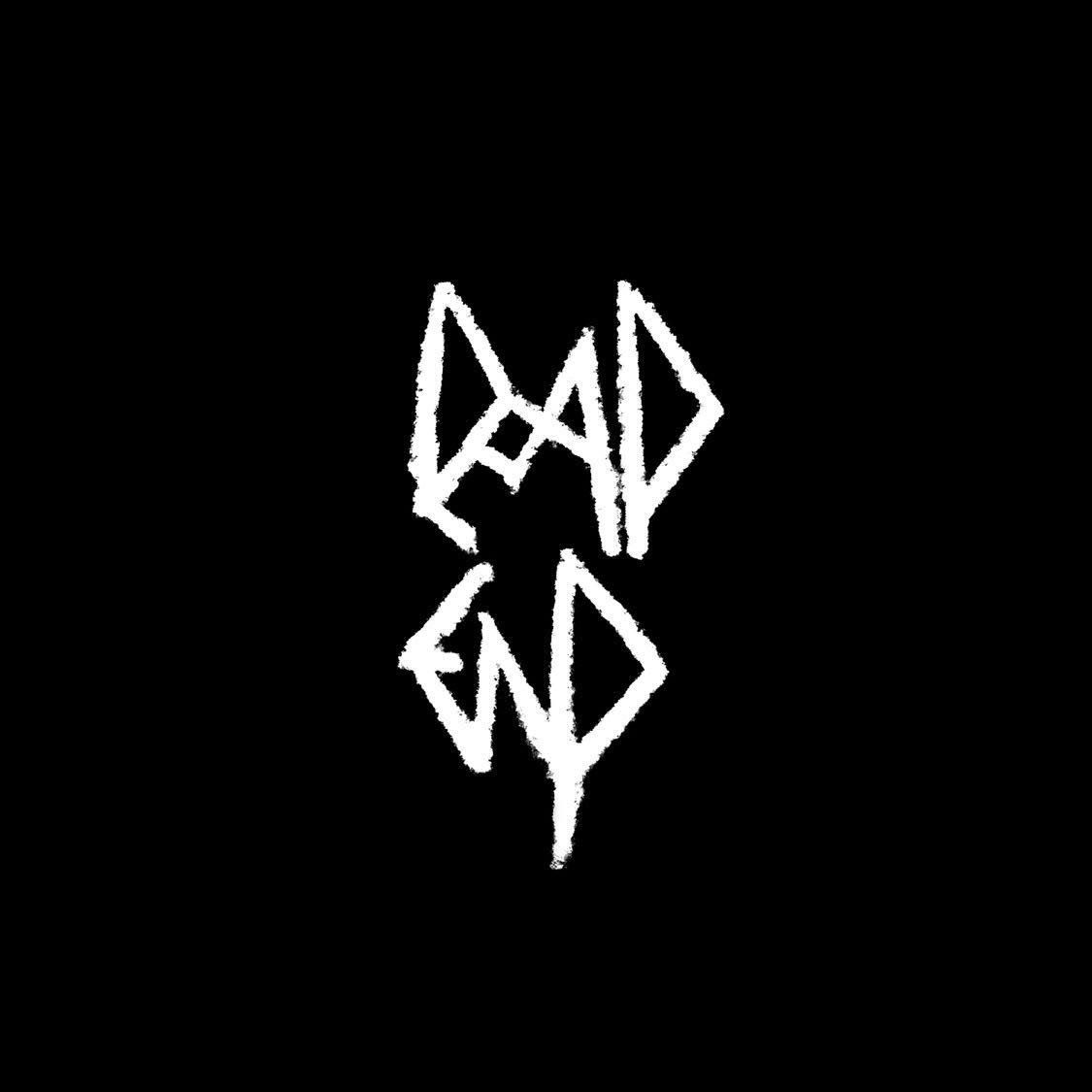Addicted to punk: an overview of L.A.’s hardcore, punk rock scene

Featuring an interview with L.A.-based punk band Dead End
Los Angeles is quite an exciting city. Much of America’s popular culture is centered around it in places like Hollywood, and it’s not uncommon to run into some of the biggest stars in the world on the streets. However, nestled into the bar and backyard show culture, a more subversive and less mainstream movement rose: punk. Inspired by surf and glam rock explosions from the 60’s and 70’s and the punk explosion in Britain, L.A. punk blew up during the late 70’s and 80’s. Punk bands were able to take hold of the angst and anger that the youth of America had during the Reagan administration and inspire them to let loose and rebel. Much of their music was subversive and raw, calling out racism, fascism, and inequality in America. I wanted to explore what the biggest bands from the L.A. punk scene had to offer and how they changed the scene into what it is today.
The Germs are the most influential punk band of all time, acknowledged by both Nirvana and the Foo Fighters as one of their biggest influences. The band was active from 1977 to 1980, disbanding after their lead singer and frontman Darby Crash committed suicide. During this time, they performed constantly and built a name for themselves as being one of the craziest bands out there and, as they lovingly described themselves, the “worst band ever.” The Germs were a mess of poetic lyrics with mumbled delivery backed by harsh, hardcore punk. They were considered one of the most subversive and volatile bands of the time, prone to outbursts and wrecking venues. They were so bad, they had to go by GI (standing for Germs Incognito) since they were banned from many of L.A.’s venues. The alter ego was immortalized in their first and only studio album, (GI), but the album was important for another reason: as a turning point for their sound. Instead of the usual rowdy mess, they created one of the greatest punk albums of all time, creating infinite inspiration for countless future punk bands. Even though the Germs flamed out, their impact was strong enough that there were already other acts ready to take the torch.
Black Flag was, and still is, one of the biggest punk bands of all time, performing to sold-out crowds to this day. This Hermosa Beach natives were pioneers of the post-hardcore sub-genre, experimenting with sounds from sludge-metal in their 1985 album My War. Yet, despite their success and respect, their style was not their biggest contribution to the scene. They were a DIY band through and through, producing all of their music. They inspired a generation to get up and make music without the need for the support of labels. Their legacy is lived on in the underground punk scene, full of bands still performing in their backyards or on the street.
The culture started by these bands lives on to this day. Recently, I was lucky enough to speak with an up-and-coming punk band from Pasadena called Dead End. Their drummer, Brandon Lutz, is a good friend of mine from high school, and was able to get me an interview with the rest of the band over phone and text message. Lutz and his three other band members, Alec Gillespie (vocals and rhythm guitar), Anthony Saldana (lead guitar), and David Enriques (bass guitar) are all students at the Los Angeles College of Music (LACM). Initially, Gillespie needed a group of people for a school gig at LACM. In its conception, the band took on a very different form; Enriques was their first drummer and they had a keyboardist. According to Gillespie, “it was a bit of a mess.” Since then, they have taken the time to rearrange and discover their sound. Their band is “freedom incarnate.” According to Saldana, “Dead End is four different people with four completely different strengths and writing abilities, coming together to create something unique.” Each one of them has been inspired in different ways to become involved in the punk scene yet following one common trend: unrest and rebellion. Lutz explained to me that he grew up resenting his suburban upbringing which naturally led him to punk. For Gillespie, it was his anger and angst towards the injustices he saw in the world that got him to stand up and raise his voice.
Each one of them comes from a very different background, but all came together under the L.A.Punk scene. They describe the scene as nothing but “fun and welcoming.” For Enriques, it was being in the scene that got him into punk. He told me that it was meeting Gillespie that introduced him to punk in the first place, which led him to want to perform it. Together, they’ve fallen in love with the scene – Saldana says he’s “addicted to punk.” Dead End currently has no music out, but “We are actually in the studio right now recording our first single, lol,” Lutz said. So look out on all platforms for their first single, which should be coming out soon: it’ll be the next big iteration of L.A.’s iconic punk culture.